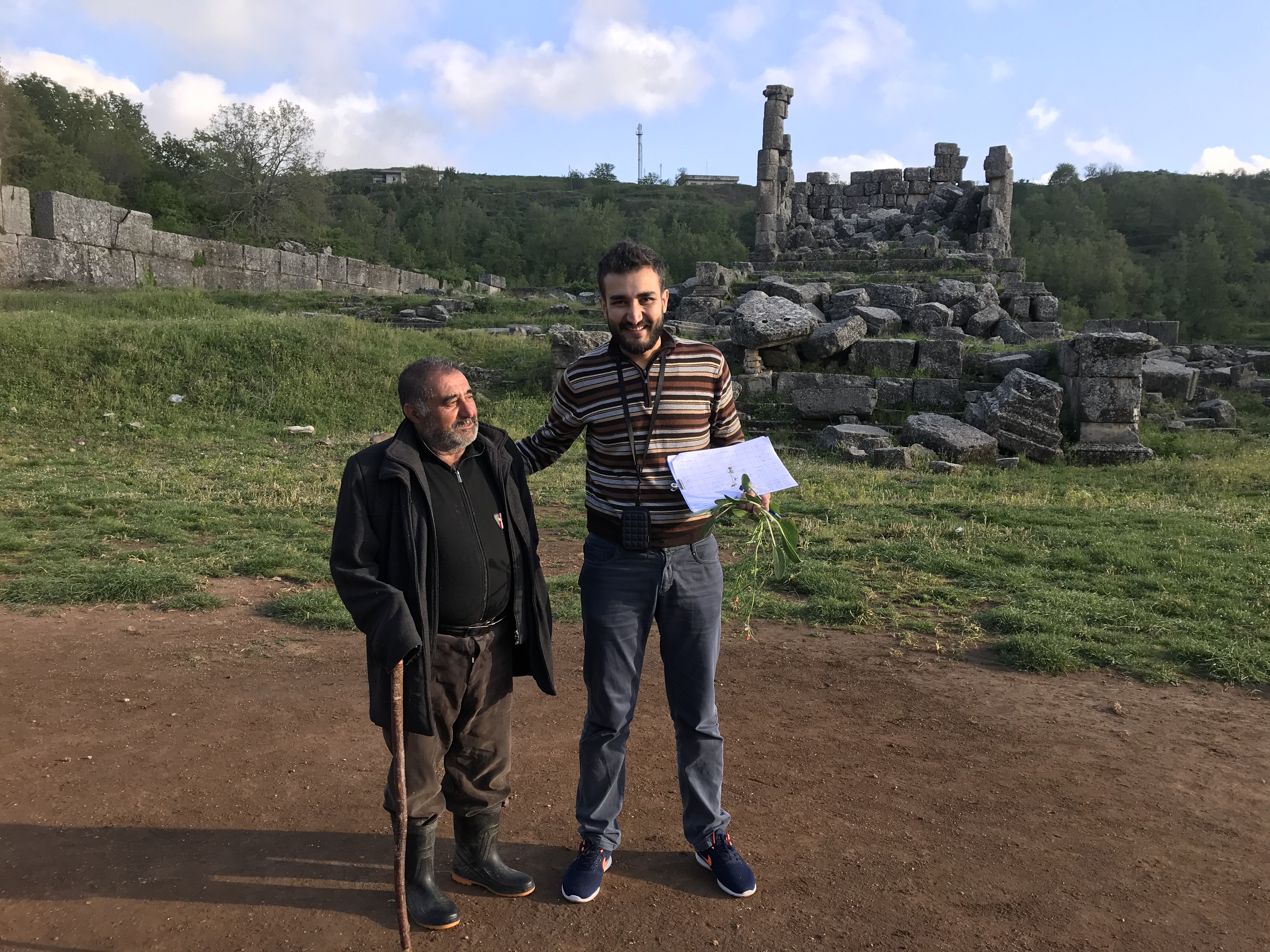Field research after COVID-19 became more difficult. Movement restrictions, scheduled curfews, closed areas, self-isolated people, and most importantly the fear of human interactions are only a few of many obstacles that ethnobotanical field studies are accompanied by nowadays.
During the period March - June 2020, while COVID-19 was strongly hitting many regions around the world, our Ph.D. student Naji Sulaiman was collecting data for his dissertation in a double challenging spot of our planet. Despite the pandemic and the ongoing war in Syria, Naji has conducted his research on wild plants in the coastal region of the country, aiming to study the interaction between people and wild plants in crisis times. The research aimed to inventory wild plant species used as a food in the region and to understand the socio-economic dimensions of using wild edible plants during the conflict, as well as to highlight the species whose availability has noticeably decreased in the region.
Over 80 wild plant species have been documented as a food source, of which, almost half are listed in the Red List Book as "least concern" species. Additionally, food recipes based on wild plants were documented in aims of preserving as well as promoting traditional food in further stages.
The project will continue in the next years to achieve all the planned aims.
And how it looks like in the research area? You can find out in video HERE.


